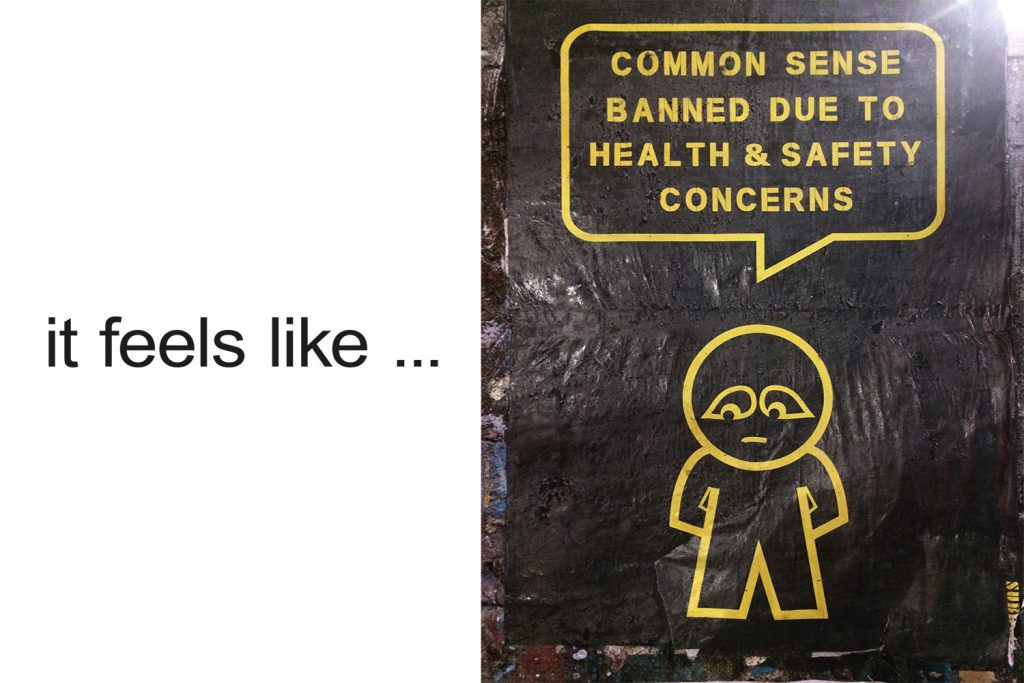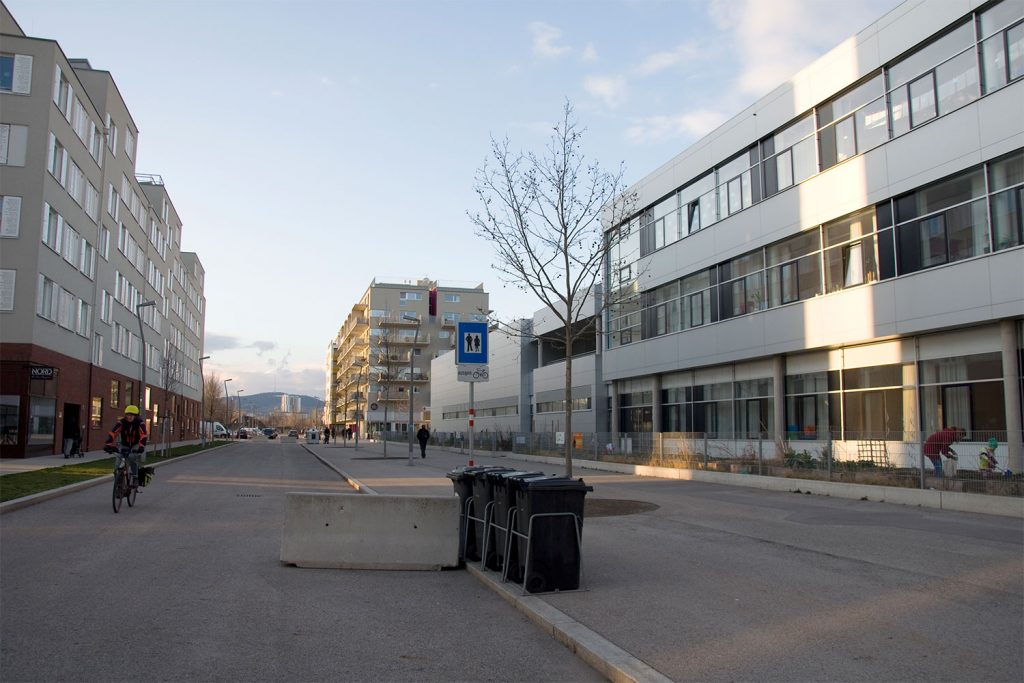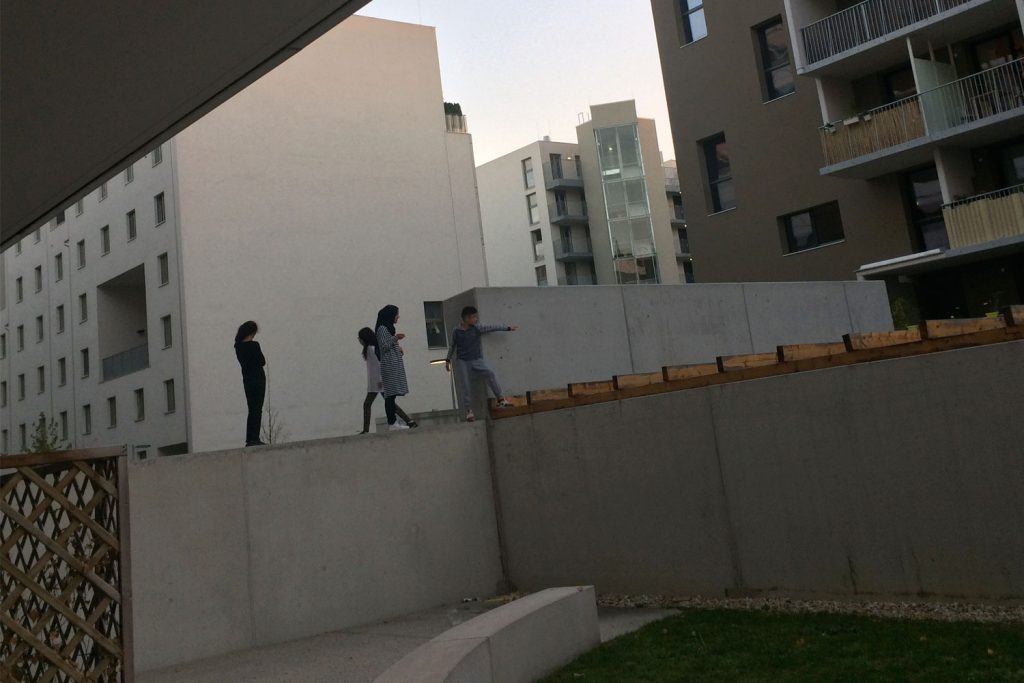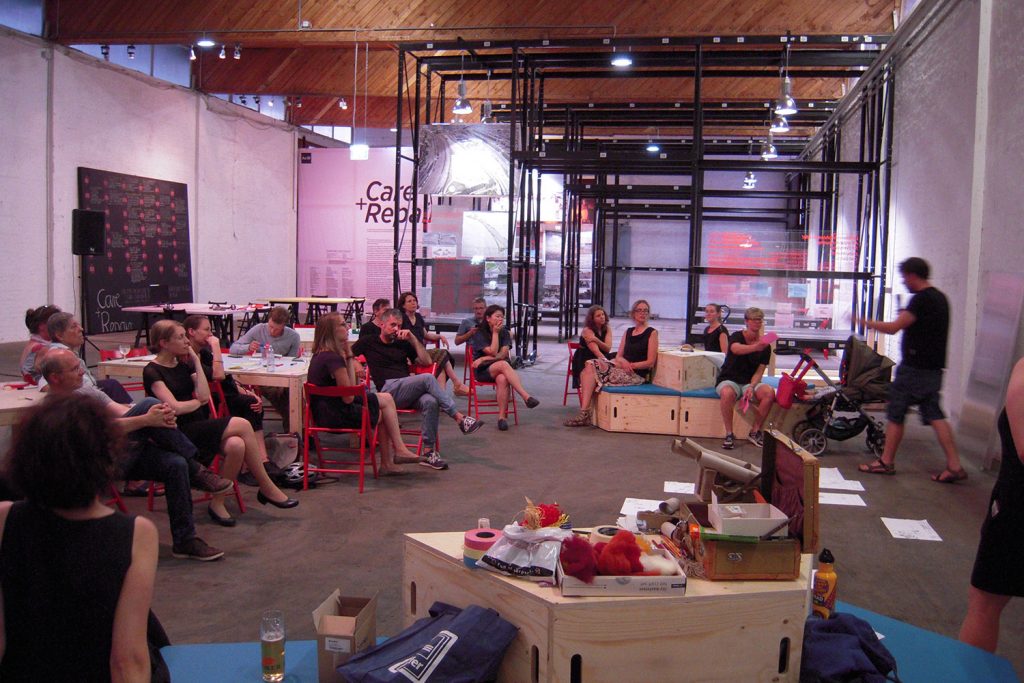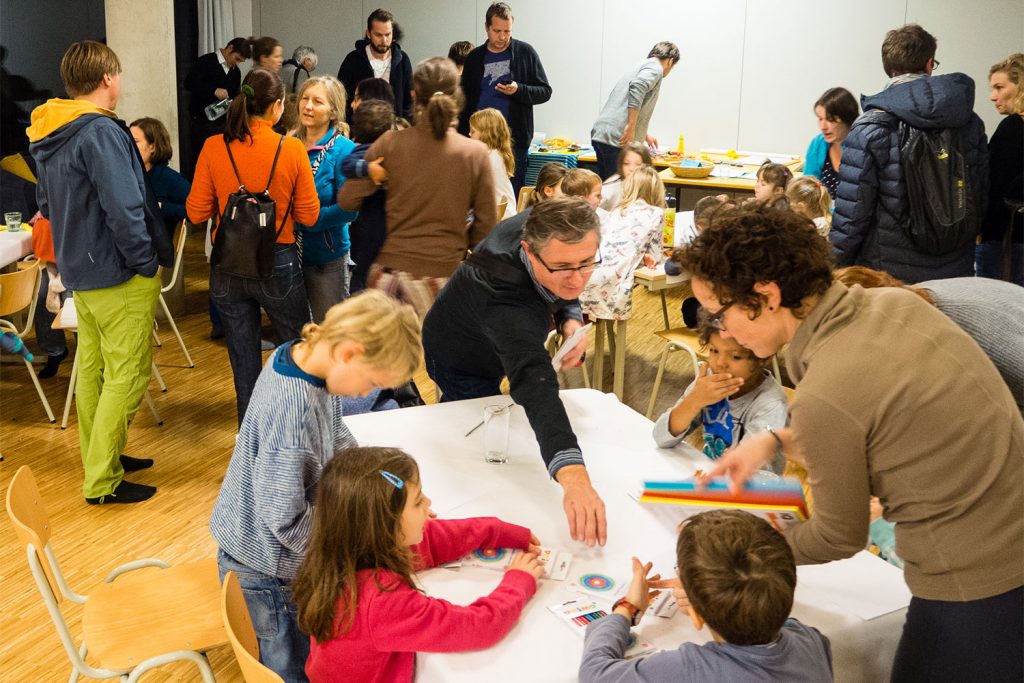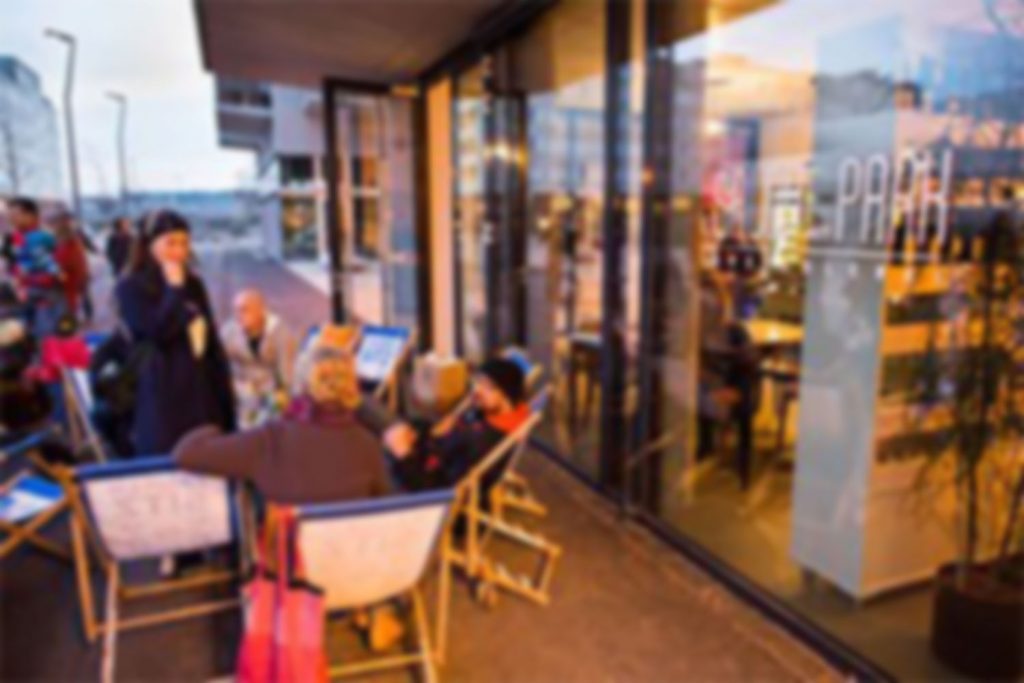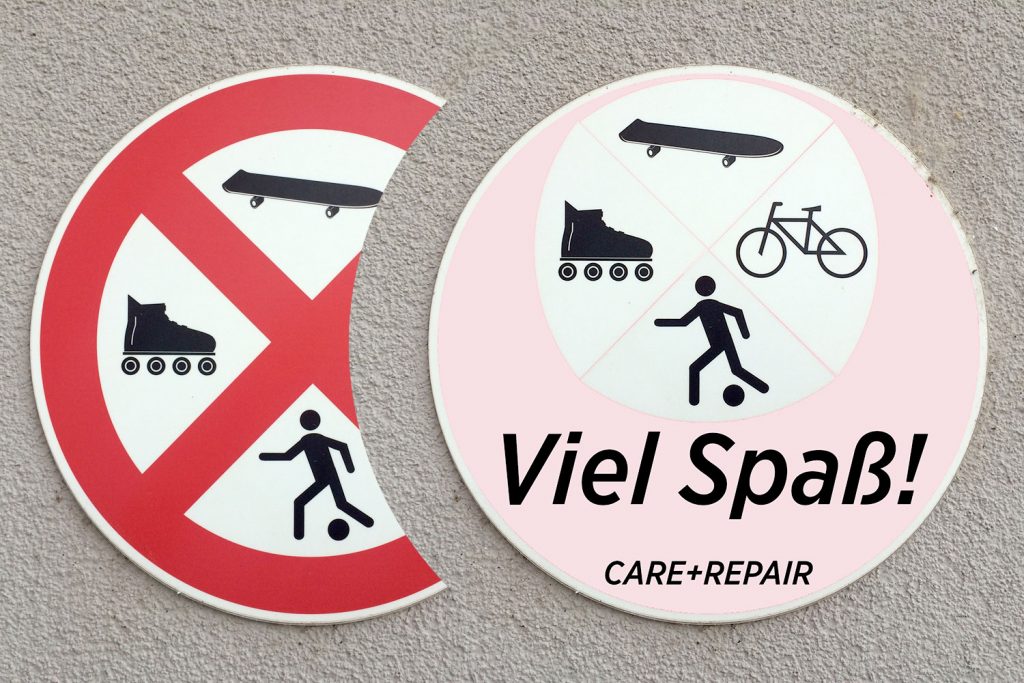Who cares about me, about my needs, about my quality of life? Communities take care of their members – BUT according to the constitution of the City of Vienna I am NOT a member, because I do not have the Austrian citizenship. Politicians take care of their voters – BUT I cannot vote for the mayor of Vienna, I do not have the right. I am just a migrant who chose to live here thirteen years ago – BUT in political terms I do not have much to say. And I am not alone. On average a quarter of the people living in Vienna do not have a say in political terms. And when I take a look on the notice in my staircase before elections it is much less in the house, where I live. In local terms, according to the house where I live, I do not have much to say either, because I do not have ownership. I am not an owner, I am just a tenant.
Municipality members are those Austrian citizens who have their main residence in the municipality.
§ 5 Municipaliy members, Viennese City Constitution
Who cares? I do. I care about creating my surroundings, taking on responsibility. And I am not alone. There are so many passionate people caring about Nordbahnhof. We want to take care of and see the potential used, this place has. We want to repair things, which have gone wrong in the past and take care for the future. Many passionate people like the people of Livable Nordbahnhof, a civil initiative where I am engaged in. And many people who participate in our events and many more.
Are we ungrateful? We, living in affordable apartments, close to the inner city, subsidized by the city. One could say we have been taken care of quite well. Affordable apartments are essential, but there are more aspects to life, than just living/residing. There is a high demand for affordable apartments in Vienna and so the city focuses on that.
Sweden
Within the Witness Seminar there was a huge contrast according to the reflection of the international guests – an urban planer from Turkey and an architect from the UK. There was a huge gap between their suggestions back then and the reality which has been built. They describe the build reality as such: “a lack of colour, jail-like compositions, sterile and anonymous.” And these international guests concluded, that they found the reason for that in Swedens centralized organisations, which prevented any local democracy and suggested solving the problem by handing over the housing blocks to residents for them to take responsibility for their own environment.
These pictures are from Nordbahnhof. But this is not before and after. They show the difference between blocks where the residents do not have a say and a block where the residents are in charge an took over full responsibility.
Our times are changing and some might say we run from crisis to crisis. The city, institutions, people and problems cannot be administered as they have been in the past. We all need to work together to cope with whatever comes our way in the future. Local communities are crucial to build resilient cities.
Local communities need space for that. Common or Collective Space. There is a desire for that as also debated within the Action Archive.
Nordbahnhof, Vienna
Liveable Nordbahnhof did a lecture on Common Spaces in June 2017. There were a lot of people passionate about having a say and selfcreating their Common Space in the houses where they live. When we move to an apartment we take over, we design the interior we choose who we invite and when – we take over responsibility. We take over the apartment in our possession. But we do not take over the house where our apartment is situated in and with that we do not take over the Common Space in our house. We do not negotiate the rules on how we live together, we got them handed out to us. It is not ours, we are not responsible. And that is why sometimes we do not care so much. Within the Nordbahnhof lecture on Common Spaces one participant talked about an utopia. An utopia he wishes to come true in the future: “That we value our common space more than our apartment and we take care of it.” Some of the Common Spaces of Nordbahnhof are quite close to that utopia. In one house they had a budget beforehand. They had a supporting process to build the community and now this common space is used and it is running on its own. The community is built and it took over. Other houses and the residents in them struggle, struggle to build a community and struggle to change their common spaces. Because they do not have direct contact to the ones who make the decisions. They have logical arguments, they want to engage and they want to take on responsibility – so they have good ideas which are confronted with liability reasons and regulations. It feels like common sense has been banned by safety and health regulations. For example a house had to remove furniture out of their common space due to the lack of a TÜV certificate. Nothing you understand by using your common sense.
It is a stalemate. For this the Action Archive has a quotation:
The witness seminar revealed an engrained conflict as well as frustration, resignation and cynicism about structures that seemingly could not be changed.
Action Archive
What happens then…
What happens if we run against walls we cannot turn down for too long? Our engagement gets lost. We disengage. According to Common Spaces, if we are not able to activate them to be useable for us they might become obsolete. Obsolete for the new houses. Developers might argue: Why should be build something which costs us a lot of money if it is not used by the residents. It is all about affordable housing. We need to be cost-efficient. Logical from their point of view.
Comparing Sweden and the results the Action Archives documented with the situation of today in Vienna two things – one good and one bad. Starting with the bad: More local democracy was desired but never developed in political terms. The positive thing is that the housing companies have improved the management of the buildings.
We have a high standard of common spaces in new houses in Vienna. They are at stake. We cannot take them for granted. A look back to the 70s in Sweden shows that it can get lost if we do not take care of it. Let us take care of them.
This was a speech as part of »Caring for Communities« project with Meike Schalk and Sara Brolund Carvalho at the public workspace by Az W at Nordbahnhalle.
